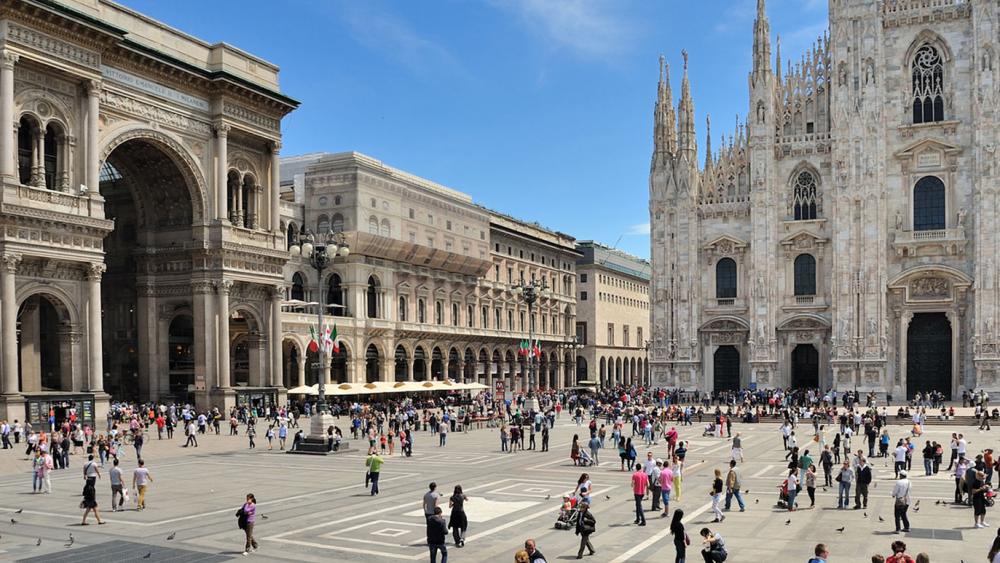It’s not surprising that many international students feel at ease in Italy. The University of Bologna has been welcoming students since 1088; it is the world’s oldest university, and its establishment gave the city one of its nicknames: la dotta, or “the learned one.” Bologna is still at the forefront of academic innovation in the twenty-first century. The city was the origin of the Bologna Process, which established a set of standards for excellence in higher education across the European Higher Education Area (EHEA).
Italian universities are proud of their history and rankings. More than a dozen international degree courses are taught in English at the University of Rome Tor Vergata. Tor Vergata, founded in 1982, has been ranked as one of Europe’s best young universities, with high student satisfaction and far-above-average employment rates for its graduates.
Italy also has some of Europe’s best business schools, such as the prestigious SDA Bocconi in Milan, the country’s financial capital. Its MBA programmes consistently rank first in global and European rankings, and its alumni include many top business leaders.
These and many other Italian universities are stepping up efforts to accelerate internationalisation and offer degree programmes tailored specifically to international students. There are currently over 500 English-taught study programmes available in the country. And every year, there are more and more opportunities to study in Italy in English.
Cost of living and tuition fees in Italy
Italy is a low-cost study destination in Europe. While accommodation and living costs can be high in large cities such as Rome or Milan, smaller cities are significantly less expensive. Larger universities usually assist students in finding affordability; with luck, you may be able to find a cheap living space in a student home.
Italy’s public universities are also relatively inexpensive in comparison to other European countries. Public universities in Italy typically charge around 1,000 EUR per year. Prestigious universities with high rankings may charge more. The University of Rome Tor Vergata is an exception, with tuition fees tied to your family’s financial situation: You are charged from a low minimum of around 150 EUR to a maximum of around 5,000 EUR per year, depending on your income.
Student life in Italy
Italians are known for being friendly and open people. You’ll quickly make local friends. And they will teach you that eating out and enjoying high-quality, healthy foods are essential parts of every Italian’s la dolce vita (“sweet life”).
Although you will be able to get by with only a few words and phrases in Italian, English is not widely spoken outside of the academic context, and you will benefit greatly from taking some Italian lessons before and during your stay. This is especially true if you intend to stay in Italy after graduation.
Traditional local festivals to major international sporting events are examples of cultural activities. The nightlife in Italy is always lively, especially in cities. The majority of people visit the sea or the countryside during the summer. Unforgettable, charming Italy provides value for any student in terms of quality of life.



